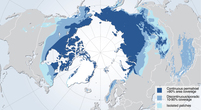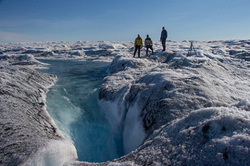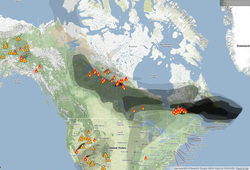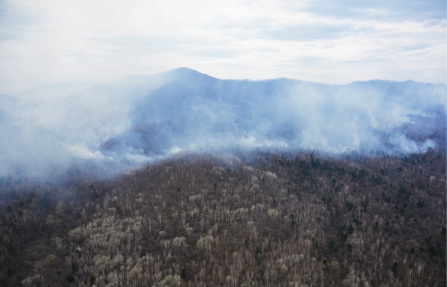


This causes two problems. One is that it speeds up the melt rate of the massive ice store in the Greenland ice sheet which will raise the sea levels, and the second is that the melting snow increases the warmth of the Arctic permafrost, thereby releasing huge quantities of methane from the unfrozen subsoil.
Greenland contains enough ice, which if melted, could raise sea levels seven meters and while nobody is saying that this will happen quickly, just half a meter added to other melts would have extremely serious economic consequences and therefore of considerable concern.
The Tundra region needs to remain frozen because it is estimated that not less than 1,400 Gt of Carbon (Shakhova et al.2008) is presently locked up in the permafrost as methane and as methane is 72 times more powerful as a greenhouse gas over 20 years it can have a powerful effect on the climate.
A lot is happening in remote areas that can affect our lives and much of it goes unreported.



 RSS Feed
RSS Feed